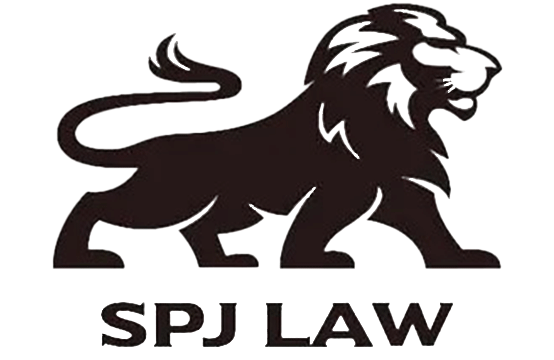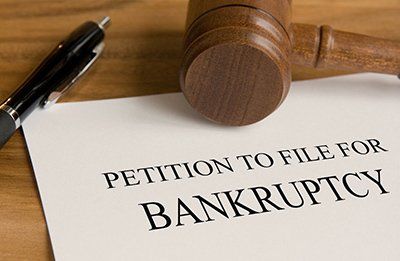Toll-Free Number: (800) 232-1325
How can I keep my home and car through bankruptcy?
The amount of equity you have in your home or vehicle w ill determine how to best answer one of the most common questions people have about bankruptcy, "can I keep my home/car?"

Federal bankruptcy law provides means for people to seek debt relief while maintaining possession of both their home and vehicle; however the particular strategy for accomplishing this will depend on your particular circumstances.
If you are an Illinois resident, and have been for the past two years you are entitled to keep $2,400.00 in equity in any one automobile (if you are not an Illinois resident, or have not been for a two year period, you'll have to use another state's exemption law, which will likely have a comparable, but different rule). Hypothetically, let's explore (3) common situations:
1. You own a car outright, meaning the title is free and clear, and you make no monthly payment (except maybe car insurance payment) and the value of the car is less than $2,400.00. In this hypothetical you get to keep the car, no problem.
2. You own a car for which you are making monthly payments to a dealership or finance company, and the value of the car is less than $2,400.00 more than the note (or very commonly you owe more than the car is worth). Under this hypothetical you can keep the car (although you may not want to if you owe too much or the interest rate is too high); however you'll have to sign a "reaffirmation agreement" with the dealership or finance company, meaning the contract you executed for the vehicle prior to filing for bankruptcy, will survive the bankruptcy process.
Occasionally, creditors are willing to renegotiate a contract so that the terms of the reaffirmation agreement are more manageable than the contract signed prior to filing for bankruptcy. Also, if you're in a bad car note but NEED a vehicle, it's not a bad idea to explore options with other car dealerships while your case is open. During a chapter 7 bankruptcy, until you receive your discharge, you have a right to surrender your vehicle and treat the lien holder as an unsecured creditor, meaning that creditor will become discharged through bankruptcy law.
3(a). You own a vehicle outright that is worth more than $2,400.00, or the value of the vehicle exceeds the value of the note on the vehicle by more than $2,400.00. Under this hypothetical you can stack your "wildcard" protection on top of the $2,400.00 vehicle protection (the same residency rules described above for the vehicle protection apply to the wildcard protection). Illinois wildcard protection provides that any one individual may keep $4,000.00 in any personal property.
(b). Same circumstances as 3(a), but your wildcard protection is used to protect electronics, firearms, jewelry, or other valuables you cherish. Under this modified hypothetical you'll have to file for Chapter 13 bankruptcy in order to keep your car, which is a 3-5 year payment plan where you pay your creditors what they would have received had you filed for Chapter 7 bankruptcy. So, if you owned a car outright worth $5,000.00 and the only statutory protection available is the vehicle exemption of $2,400.00, that leaves $2,600.00 for the chapter 7 bankruptcy trustee to distribute to unsecured creditors (in a chapter 7 the trustee would return $2,400.00 to you, to possibly invest in new vehicle). Instead of giving up the car, you can pay to your unsecured creditors in a chapter 13 over he next 3-5 years, the amount they would have received in a chapter 7.
Illinois provides protection to the equity you have in your home in the amount of $15,000.00 per individual, or $30,000.00 to a married couple filing for bankruptcy jointly. Just like the car note in example 2, you can execute a reaffirmation agreement to keep your home after filing for bankruptcy.
If your home is at risk of being foreclosed, and your mortgage company isn't working with you, you can file for chapter 13 bankruptcy to force your mortgage company to accept a plan that will allow you to become current after 3-5 years.
Bankruptcy is a driven practice for an experienced debt relief attorney, like those at Smith Law, Ltd. Because there are so many nuances in the application of bankruptcy law, it is inadvisable that an individual not experienced or knowledgeable about Title 11 of the U.S. Code, and how the courts have interpreted those laws, to file bankruptcy without the assistance of counsel.
If you would like to speak to experienced debt relief attorneys please contact Smith Law, Ltd.
We are a debt relief agency. We help people file for bankruptcy relief.










Share On: